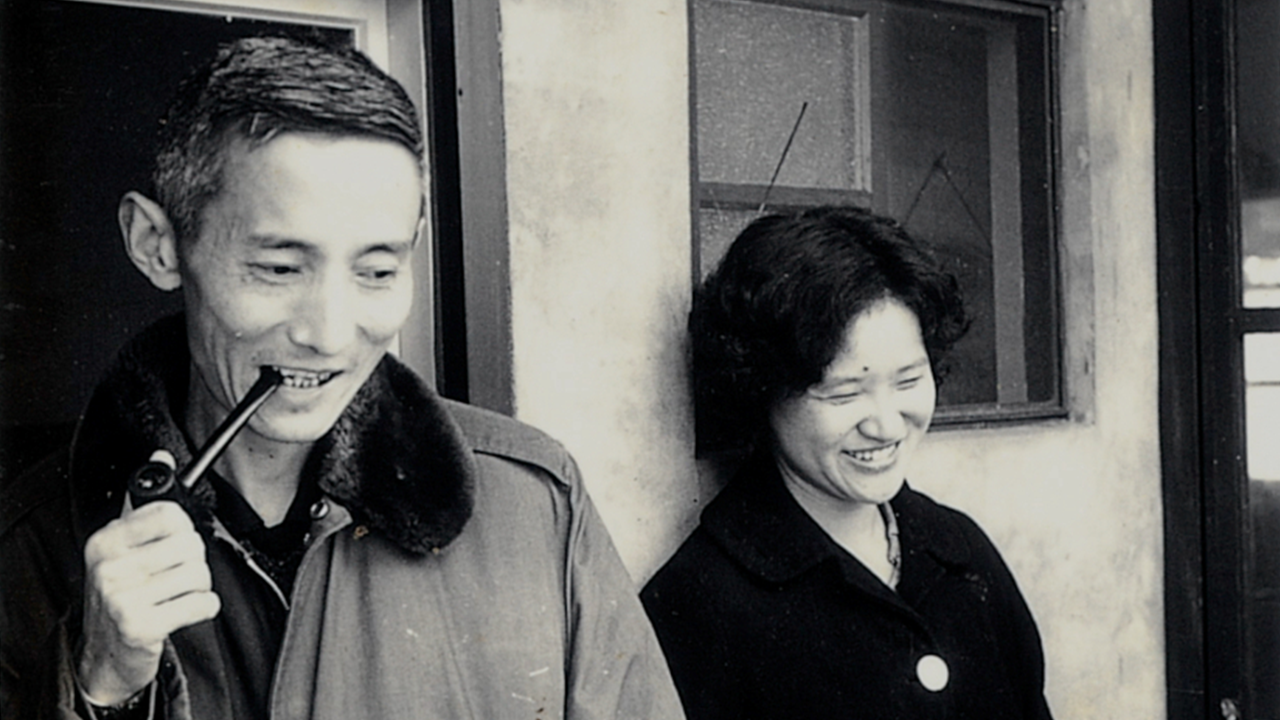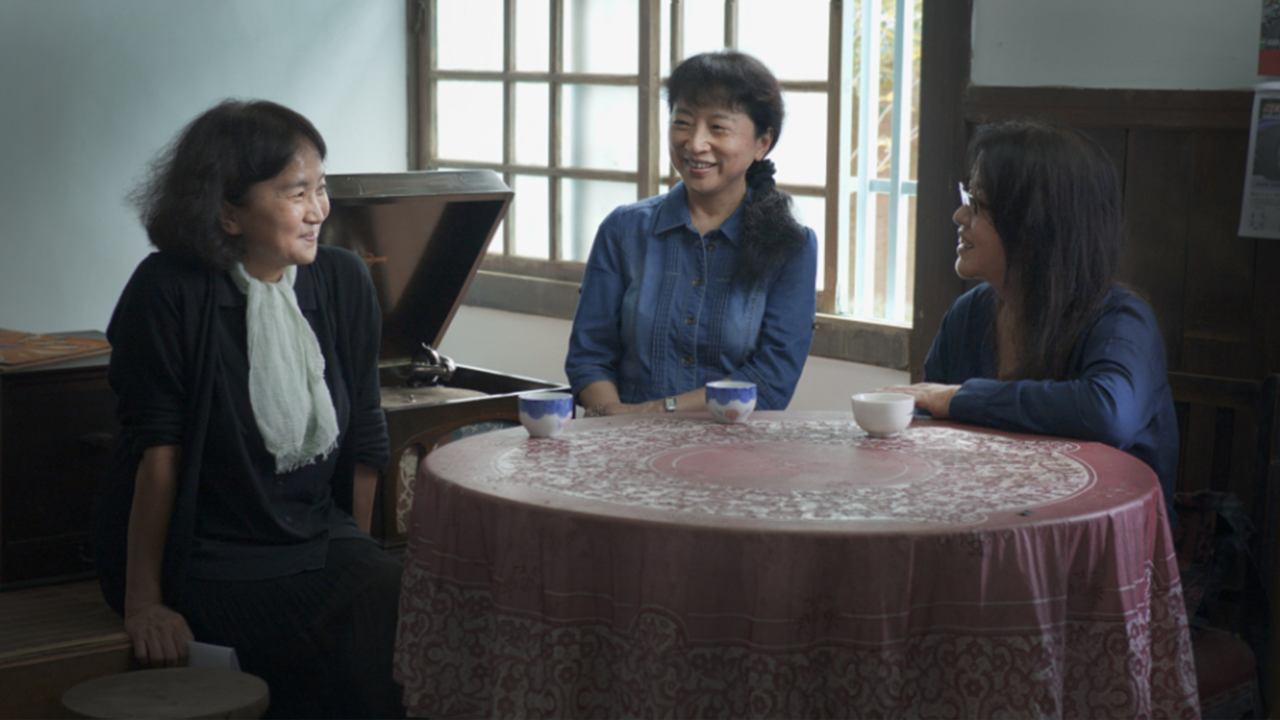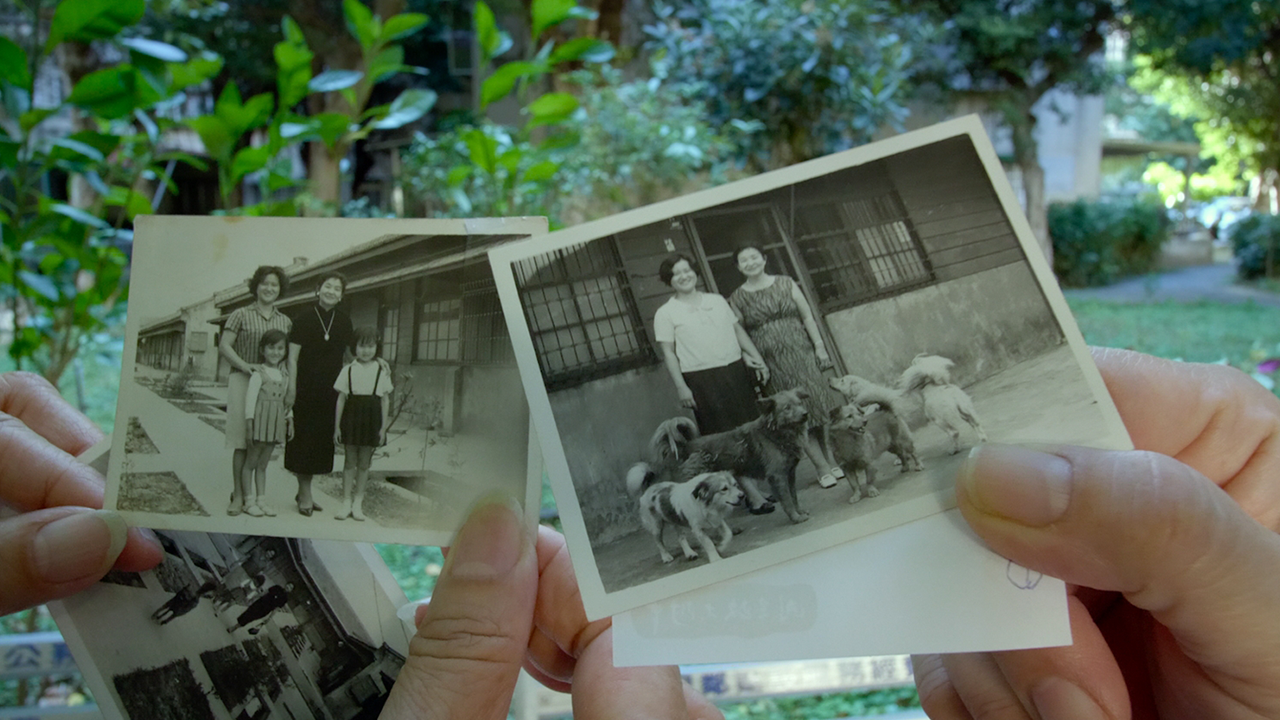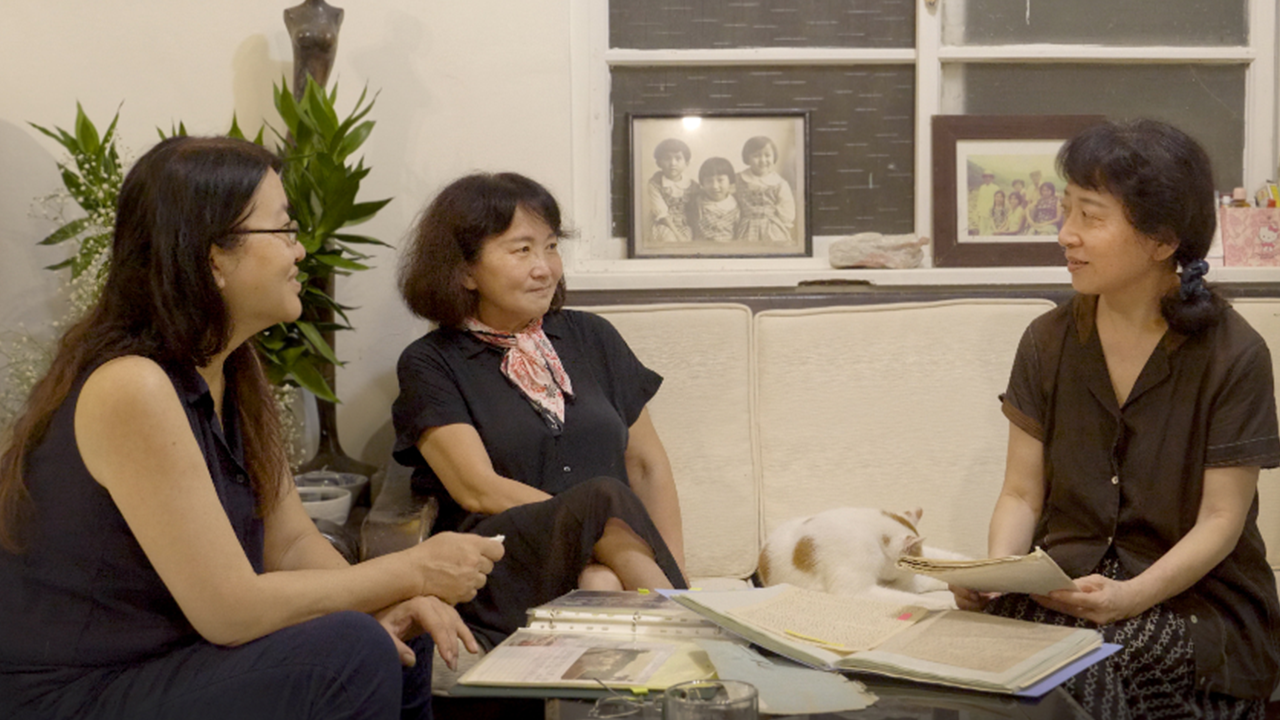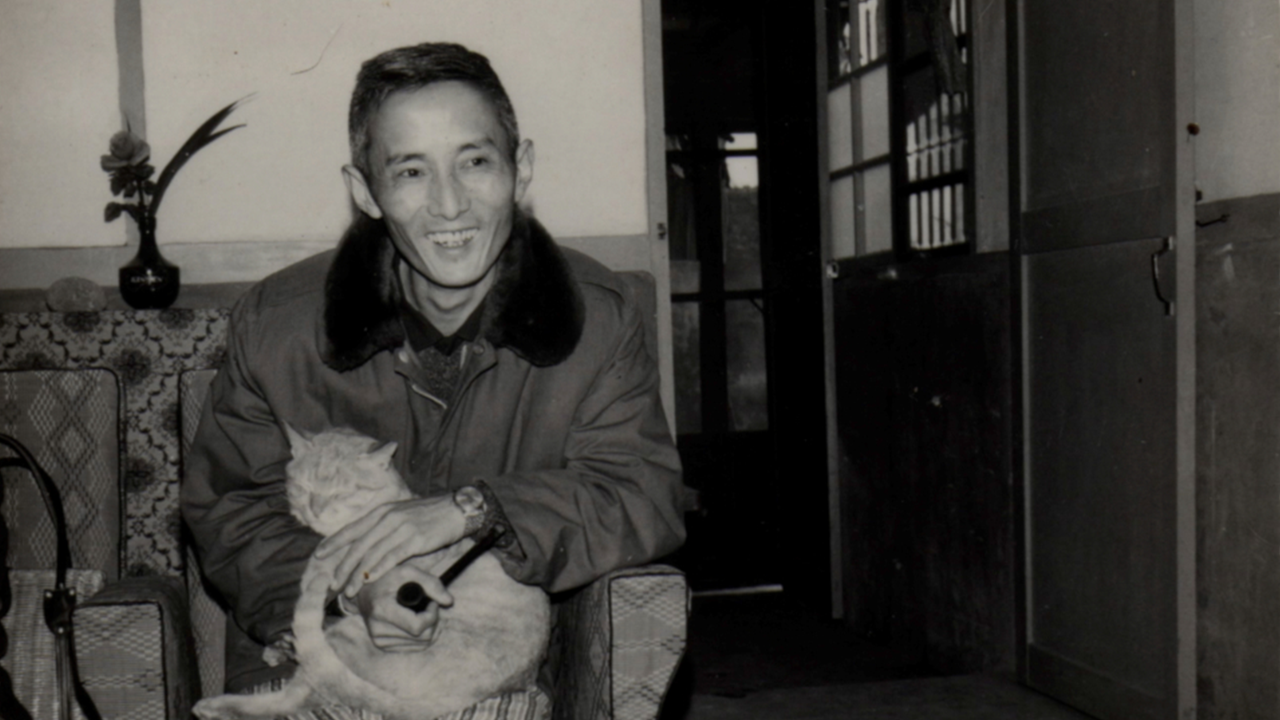Unfulfilled Dreams-Documentary on novelist Chu Hsi-ning and translator Liu Musha
The simple and poignant story of a fabled literary family, for whom the writing continues.
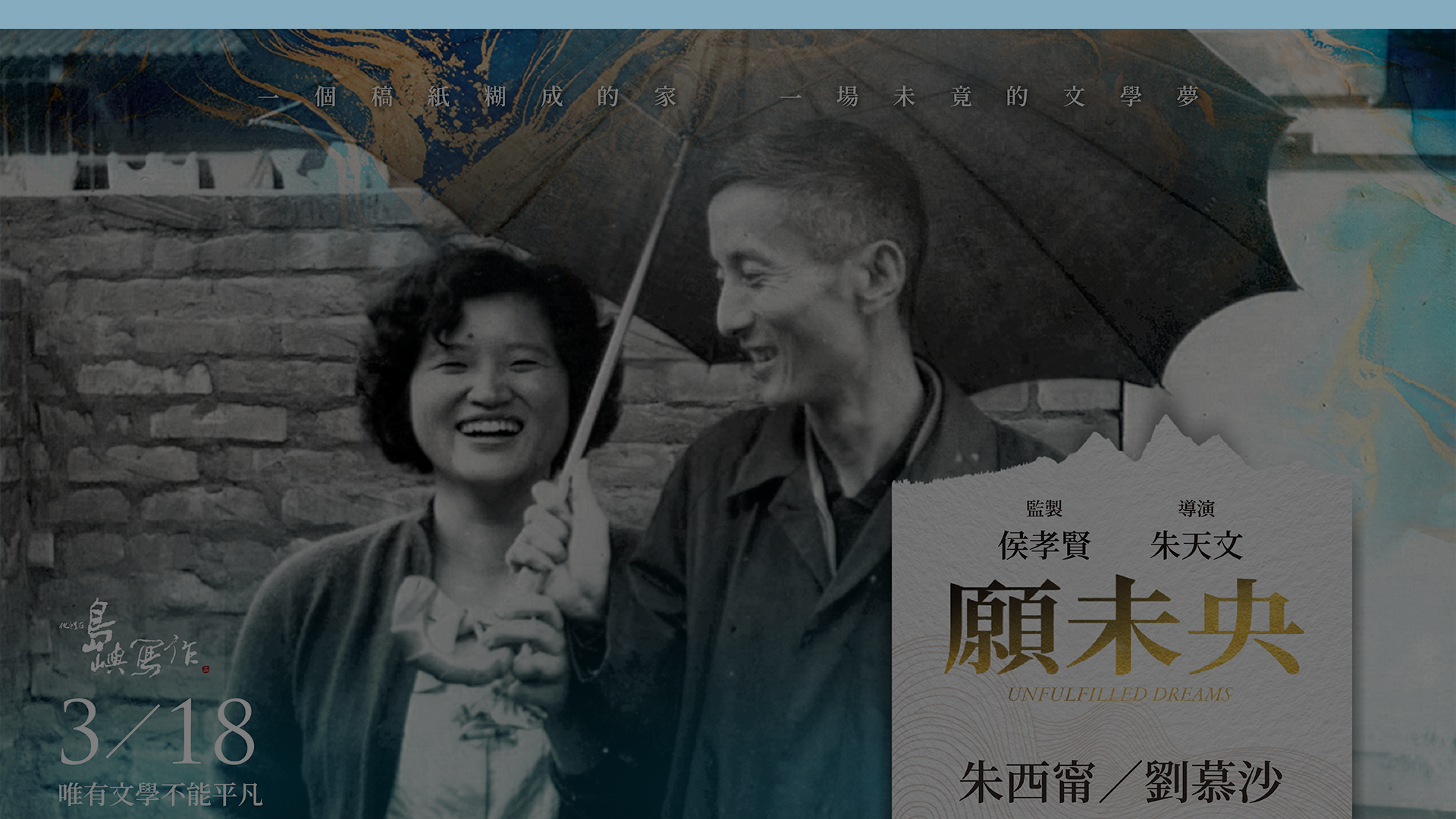
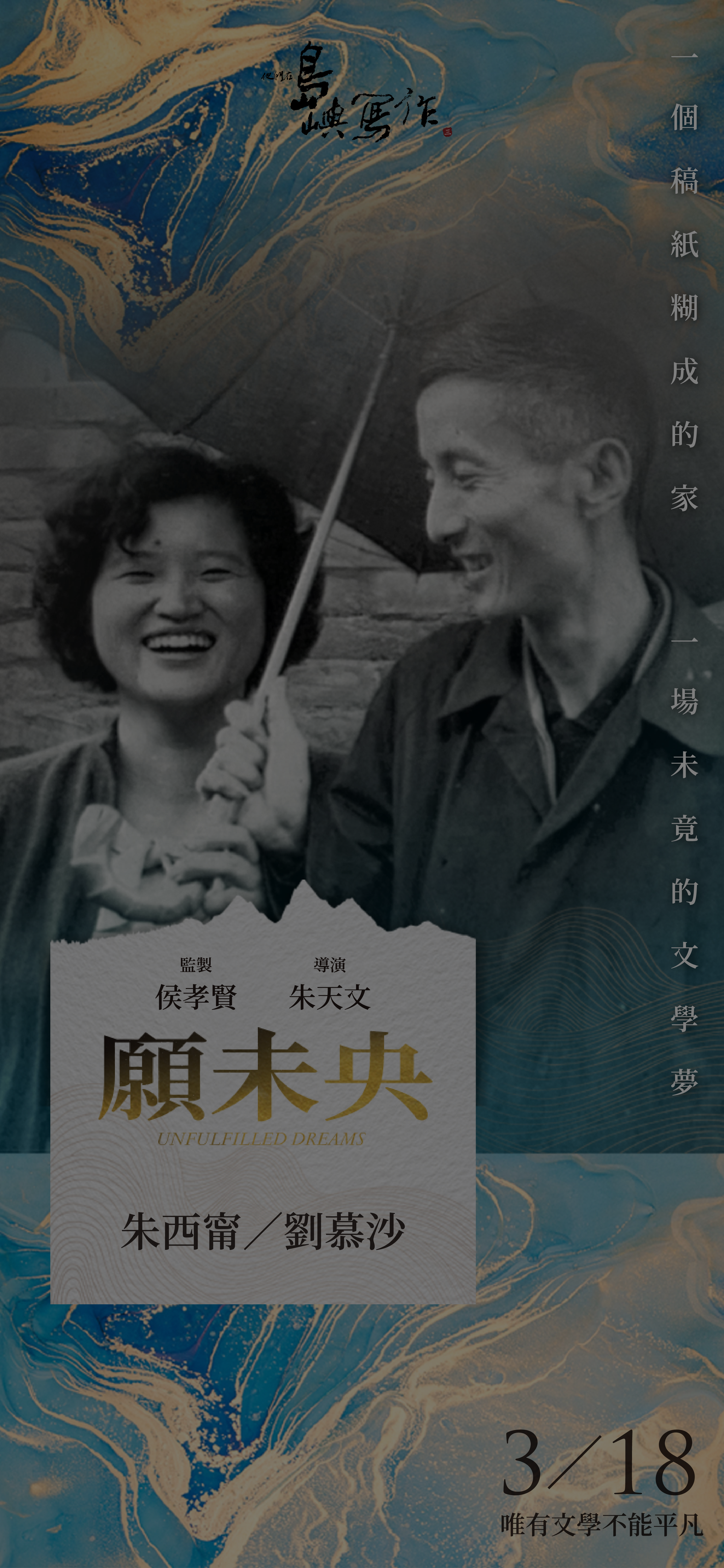

About the Writers
Chu Hsi-ning (born Chu Ching-hai, 1927-1998) has ancestral roots in Linqu, Shandong Province, China. He was the editor of the monthly magazine Hsin Wenyi (“new literature and arts”), editor-in-chief of Li Ming Cultural Enterprise Company, and adjunct professor of creative writing at the Department of Chinese Literature, Chinese Culture University. He published his first novel, The Love of Big Torch, in 1952. This was followed by more than thirty other works, including full-length novels The Cat, Drought Demon, and Notes on the August 23rd Bombardment; short story collections Molten Iron and The Wolf; and a collection of his prose, Slight Words, among others. His published works are remarkable in both quantity and quality, making him one of the most important fiction writers in contemporary Taiwan.
Liu Musha was born Liu Hui-mei (1935-2017) in Tongluo, Miaoli County, Taiwan. She graduated from the Hsinchu Girls’ High School and was once an elementary school teacher. Her writings include the short fiction “Spring Heart” and numerous essays. In more than thirty years of translating Japanese literature into Chinese, she amassed an impressive body of work, represented by some thirty volumes, including collections of the Akutagawa Prize winners’ stories, selected works of modern Japanese fiction, and noted feature-length novels and short fictions by renowned Japanese writers such as Yoshimoto Banana, Kawabata Yasunari, and Mishima Yukio.
“You can be mediocre in all professions. Except in literature.”—— Chu Hsi-ning

About the Film
Under a sweet osmanthus tree lived an ordinary family, and in their house was a cache of correspondences between the father, novelist Chu Hsi-ning, and the mother, translator Liu Musha. Not quite love letters, these correspondences speak of great ambitions through words such as “literature alone must not be ordinary”. At a critical juncture in history, the military man who followed the Nationalist army to Taiwan and the local-born physician’s daughter met and together wrote a poignant love story.
Chu Hsi-ning devoted himself to writing novels, always renewing his style and coming up with innovative subject matters and ways of writing. Liu Musha translated Japanese literature and introduced great Japanese writers and their visions to Taiwan. The couple eloped for literature and devoted themselves to literature, supporting each other through it all. The documentary film tells of their meeting and falling in love, defying external pressures to get married, building a home sustained by manuscripts, and forming friendships with talented writers, making literature the core calling to which they devoted their lives. They wrote stories and became stories themselves, the pen in their hand always engaged on the literary front, which was a constant presence in their eventful life.
The Chu family’s three daughters compare and connect their parents’ works with childhood memories, reading aloud the letters from their youth, as though from the story of a thousand and one nights, searching through and overturning boxes and chests for the origins of the family’s memories, unleashing a current of faded times. Unfulfilled Dreams is the directorial debut of the eldest of the Chu daughters, Chu Tien-wen. Along with a production team led by renowned director Hou Hsiao-hsien, the film crew traveled to China to visit the Chus’ relatives while also filming at the old family house in Taiwan, scenes which combine with cherished family photos and a rich cache of rare historic materials to present the story of how this unique literary family set down roots and branched out. The husband and wife lived a simple life, but always held on to the belief that literature must not be ordinary, a belief that is still faithfully pursued by their daughters with pen and paper.

About the Director
Chu Tien-wen, born in 1956, wrote her first story when she was sixteen. She cofounded the San-san Jikan (“double three journal”) and was publisher of the San-san Bookstore.
Chu wrote the script for fifteen of Hou Hsiao-hsien’s movies, winning the Golden Horse award three times for best adapted screenplay and best original screenplay. An important fiction writer of contemporary Taiwan, Chu’s works have been translated into English, French, German, Japanese and Korean. She is the recipient of the United Daily Prize for Fiction and the China Times Literary Awards short story category.
In 1994 she won the China Times Million Dollar Prize for Fiction with Notes of a Desolate Man. It was translated into English and published in 1999, receiving a “notable book” recommendation by the New York Times, and was named one of the best books of the year by the Los Angeles Times. In 2008 she received the Jury Award for The Dream of the Red Chamber Award for her second novel, Witch’s Brew. She was awarded the Newman Prize for Chinese Literature in 2015. In 2018 she was the honoree of the “21 University Students” Celebration of Global Chinese Language Writers. Her other works include Legend, Tamkang Chronicles, City of Hot Summer, Fin de siècle Splendor, The Book of Golden Vows, and The Best of Times.
